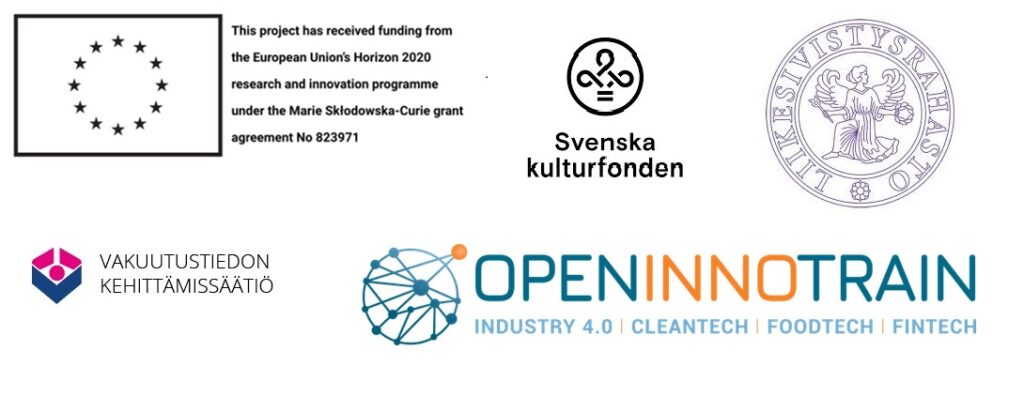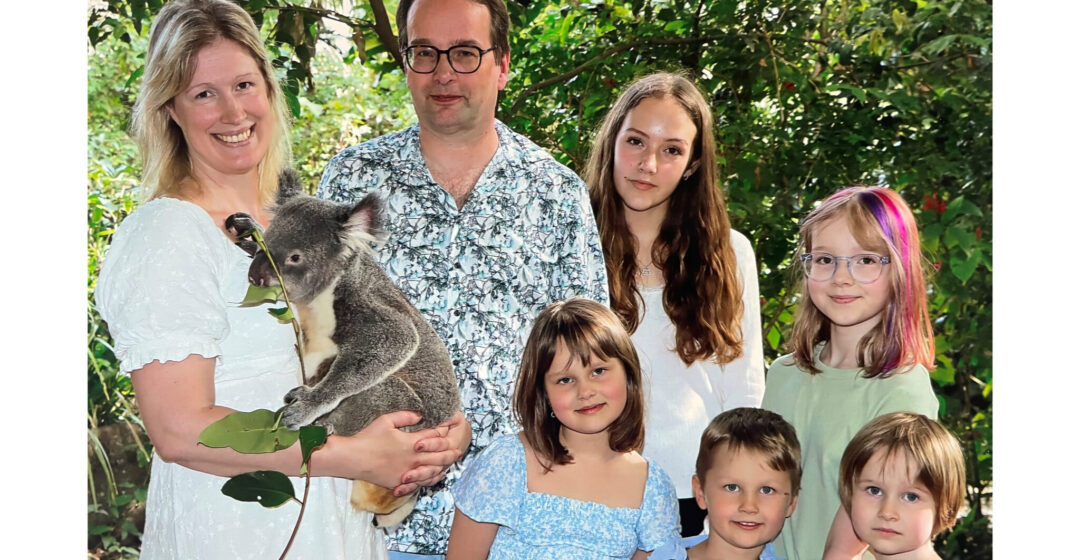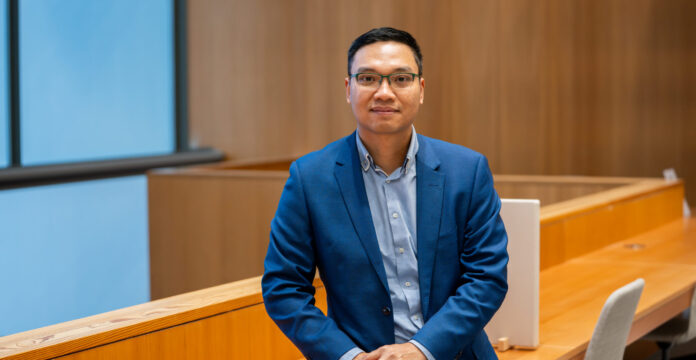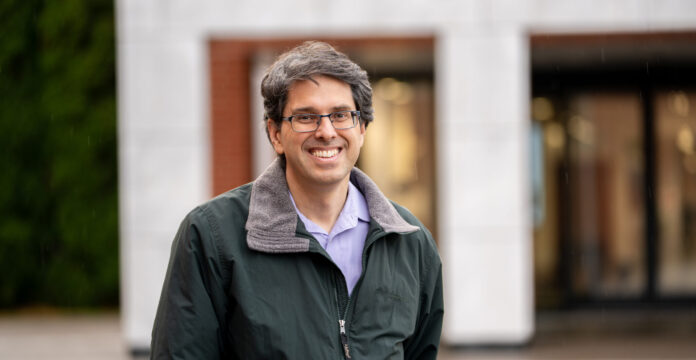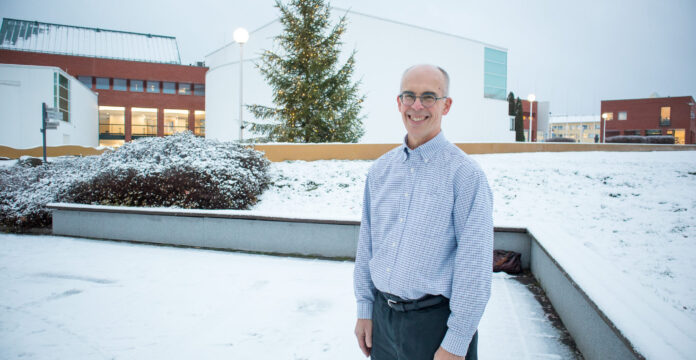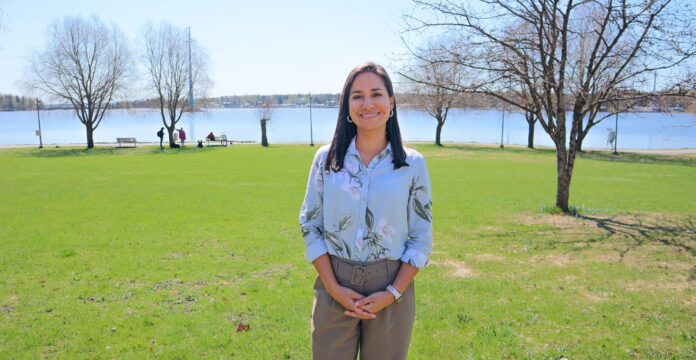“Let’s make it happen,” I heard myself saying as I ended a call with the coordinator of the OpenInnoTrain project last summer. We had just discussed my opportunity to participate in a research exchange at RMIT University in Melbourne. My dissertation, which examines work-life balance of employees, was about to be completed, and I was invited to present my research findings in Australia, a leading country in the field. After the call, a series of arrangements began.
The University of Vaasa encourages students and employees to participate in international exchanges. Above new experiences, the goals of the exchange usually include building an international network, meeting experts in one’s field of research, and representing our country’s research. However, there was one issue in my case: I am a mother of five young children, and leaving them for more than two months was out of the question. Yet, I was encouraged to go, and I received support for the arrangements from colleagues both in Finland and Australia.
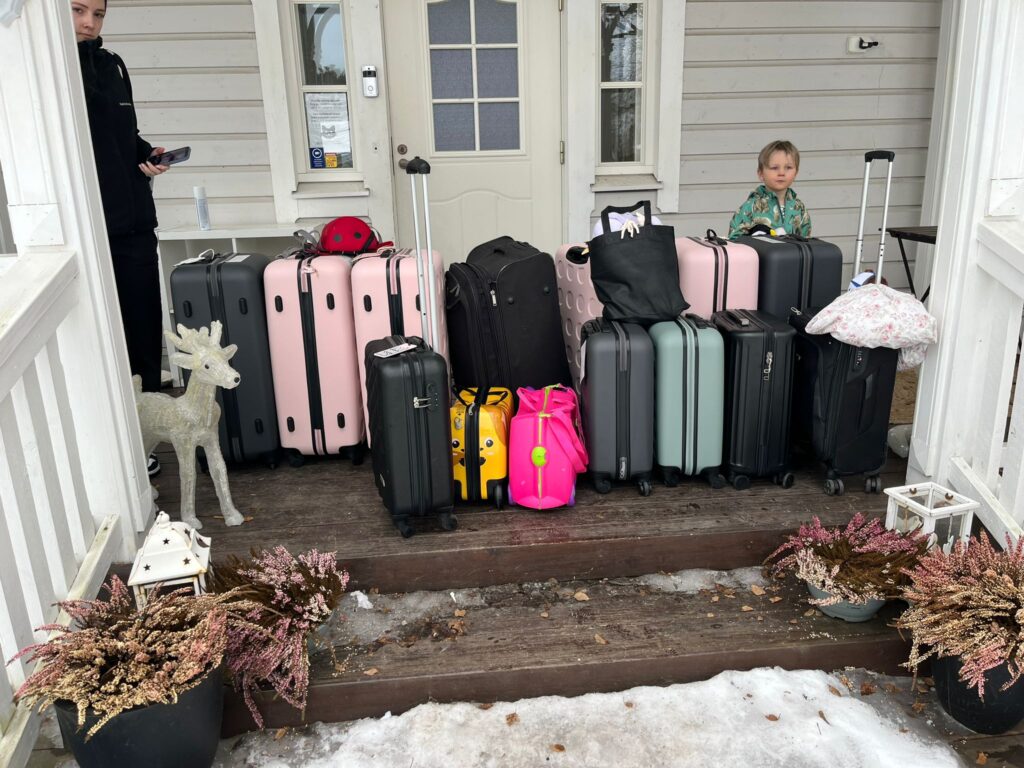
In addition to my own career development, I wanted to ensure that the two-month trip to Australia would also provide a learning experience for my children. Since the time was relatively short, it did not make sense to arrange school or daycare placements for them, but we had to find other ways to make the trip rewarding for the whole family.
We arranged with the schools of the children in fourth and seventh grades for distance learning during our trip. Their schools tailored assignments so that they could be integrated into our travel experiences. In art classes, they would draw the Melbourne skyline and Aboriginal art, in history class they would visit museums, and in home economics, they were to explore local food ingredients and prepare dishes from them. Our children also participated in the “Day in an Australian School” program at Girton Grammar School in the city of Bendigo. This mean that preschool and school-age children got to participate in a regular school day in Australia and tell Australian children about their own Swedish-Finnish school and culture.
We received some funding for English learning and the children’s hobbies. Our daughter was able to continue her skating hobby at a local ice rink, and our local English teacher planned activities that particularly support the language learning of the four-year-old twins. Prior to our trip, I engaged in building network in social media groups for mothers and families, and for instance we found childcare help through the network of Finns in Australia.
Thanks to this support, I have been able to focus on achieving my own goals during my research exchange. I have met local and international entrepreneurs and influencers and presented my research to them. I have also benchmarked local teaching and facilities especially for students who experience learning difficulties, both secondary and university levels. Meanwhile, my spouse has been working in Australia.
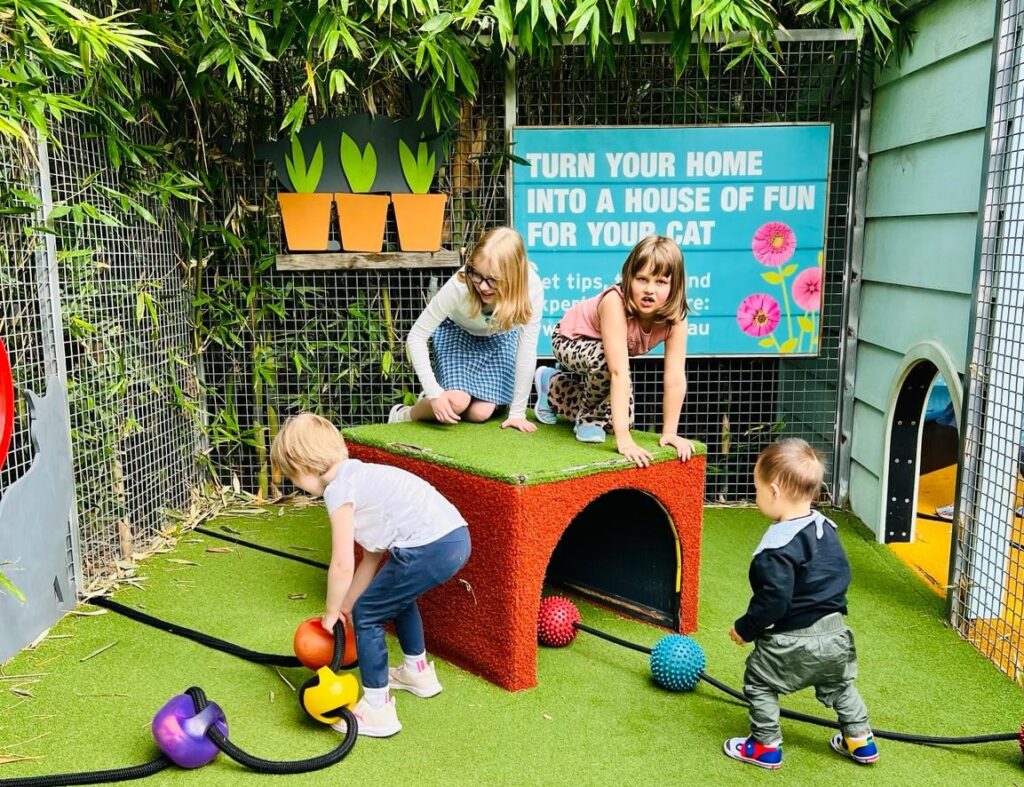
Australia is a very family-friendly country. Traveling with children has been made easy: during flights, we received help with transitions, and families were directed to a prioritized queue during passport control. Restaurants warmly welcome children, and it is not uncommon for a child to eat free with an adult. Also, in many places, such as zoos and museums, children have free admission. Playgrounds are neat, well-maintained, and securely fenced, and best of all – there are heaps of them!
Arranging accommodation, however, was challenging due to our large family size. We settled in a suburb along the metro line, which facilitated travel to the city centre. Our first choice of residential area turned out to be restless, but Airbnb immediately helped us with relocation. A large city accommodates a variety of areas, and it is important to seek advice from locals when choosing where to live.
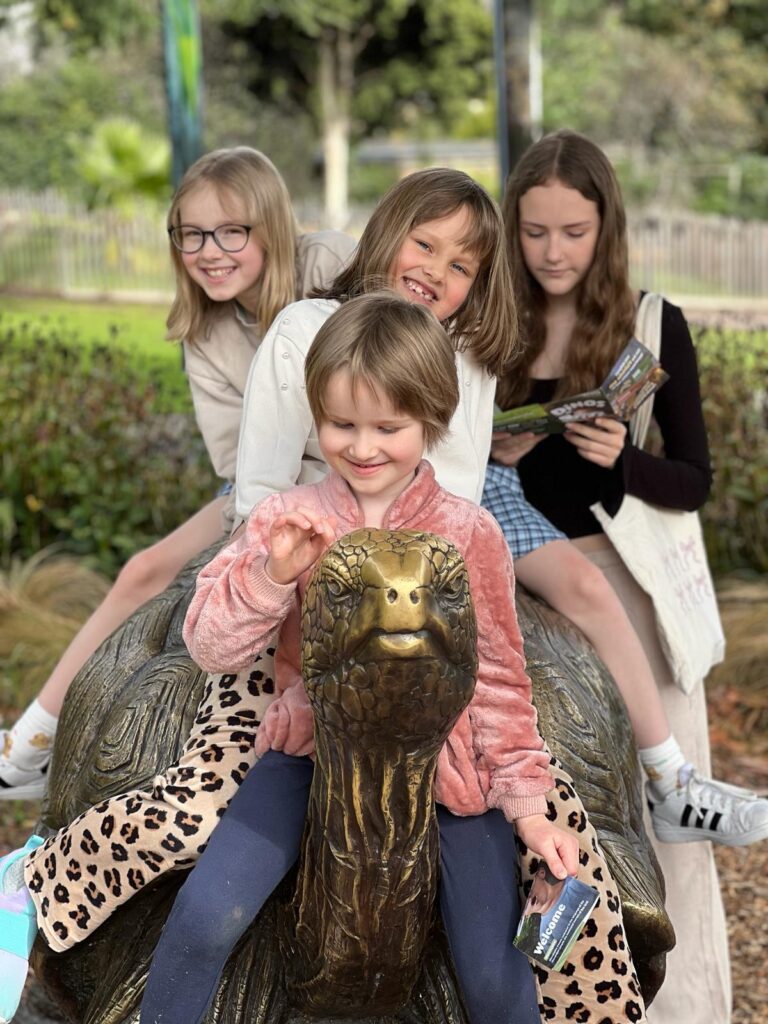
Based on experienced from our short-term exchange, I believe our family would also manage a longer exchange. I encourage other students and researchers to consider a shorter exchange with the family. Typically, short-term exchange programs do not fund family travel, but other types of funding are available. This requires some time invested in familiarizing with funders, but it is worth the effort to investigate. The key to success is setting objectives for each family members and thereafter it is easier to seek funding to support these goals. The goals for our children, for example, included acquiring English skills, familiarizing with the local culture and history, establishing international friendships, and representing Swedish-Finnish culture in local schools. I believe that the experience in Australia has been unique and eye-opening for our children and will permanently change their perception of the environment and cultures to be more open.

PhD Heini Pensar
University lecturer, Programme manager
for Master’s programme in Business Development
Human Resource Management
University of Vaasa
